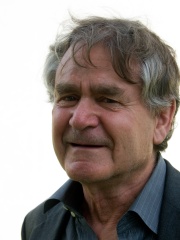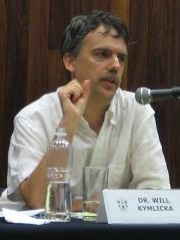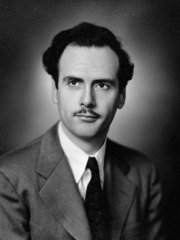
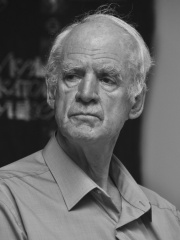
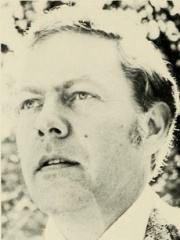
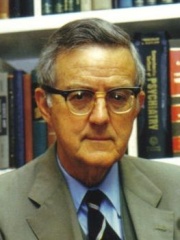
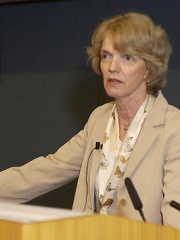
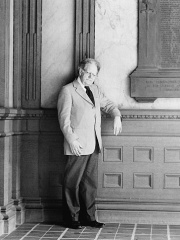
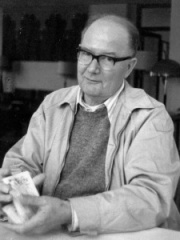

The Most Famous
Philosophers from Canada
This page contains a list of the greatest Canadians Philosophers. The pantheon dataset contains 1,267 Philosophers, 12 of which were born in Canada. This makes Canada the birth place of the 18th most number of Philosophers behind Czechia and Ukraine.
Top 10 Philosophers
The following people are considered by Pantheon to be the top 10 most legendary Canadians Philosophers of all time. This list of famous Canadians Philosophers is sorted by HPI (Historical Popularity Index), a metric that aggregates information on a biography's online popularity. Visit the rankings page to view the entire list of Canadians Philosophers.
- #1

Marshall McLuhan
1911 - 1980
HPI 72.7864 langsMarshall McLuhan was a media theorist who was most famous for his idea that the medium is the message. He believed that the content of a...Read moreShow less
Marshall McLuhan was a media theorist who was most famous for his idea that the medium is the message. He believed that the content of a medium is not as important as the medium itself.
- #2

Charles Taylor
b. 1931
HPI 65.6935 langsCharles Taylor is most famous for his book Sources of the Self, which is a philosophical exploration of the origins of the modern self and...Read moreShow less
Charles Taylor is most famous for his book Sources of the Self, which is a philosophical exploration of the origins of the modern self and its implications for the individual and society.
People by Birth Decade
Browse notable Canadians Philosophers grouped by birth decade. Each decade shows the top 10 by HPI; expand to see everyone.
Overlapping Lives
Which Philosophers were alive at the same time? This visualization shows the lifespans of the 6 most globally memorable Philosophers since 1700.

